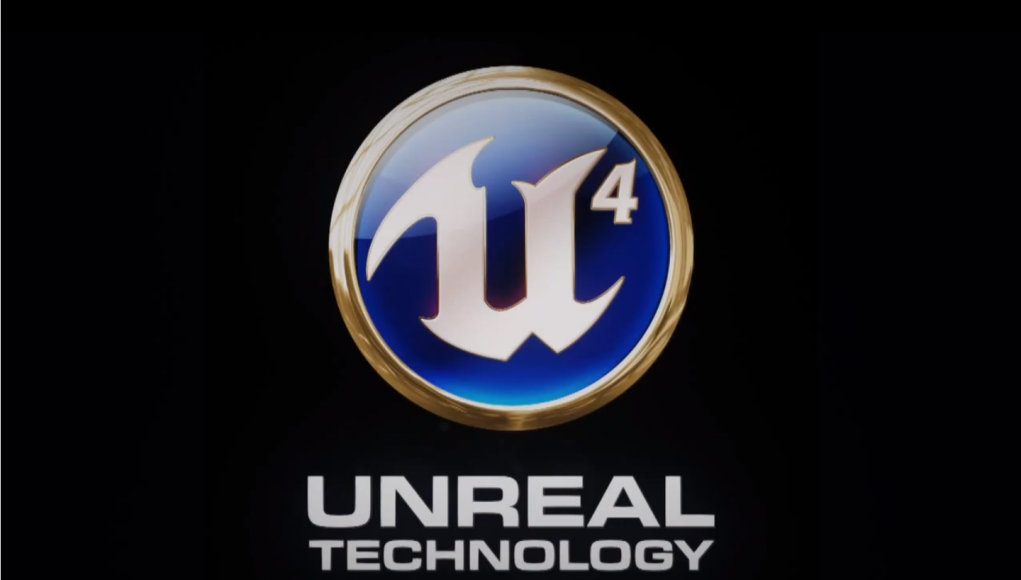In a surprise move, Epic has announced that its cutting-edge 3D engine ‘Unreal’ is now free to everyone who wants it. So what’s the catch?
Well, in short it seems there really isn’t one. Epic’s ethos is now “We succeed when you succeed”, which is a friendly way of saying “you pay 5% royalties on any application released using our engine”. While that’s a decent chunk out of any profits a development using Unreal will have to levy, it’s by no means harsh or exorbitant.
What it does mean is that startup developers, who already had a fairly low bar for entry to using Unreal Engine – namely a $19 per month subscription – now really has no excuse not to try it out.
The reason why this is important for virtual reality? As you probably know, UE4 ships with support for Project Morpheus, Oculus Rift and soon Gear VR headsets. It’s also one of the most advanced engines out there, perfect for hyper-realistic virtual reality games and applications – just like this one.
Unity 3D, arguably UE4’s biggest rival in this space, now looks positively decadent at $75 per month or $1500 for their equivalently specced ‘Pro’ package. It’ll be interesting to see how the company responds to this aggressive move from Epic.







